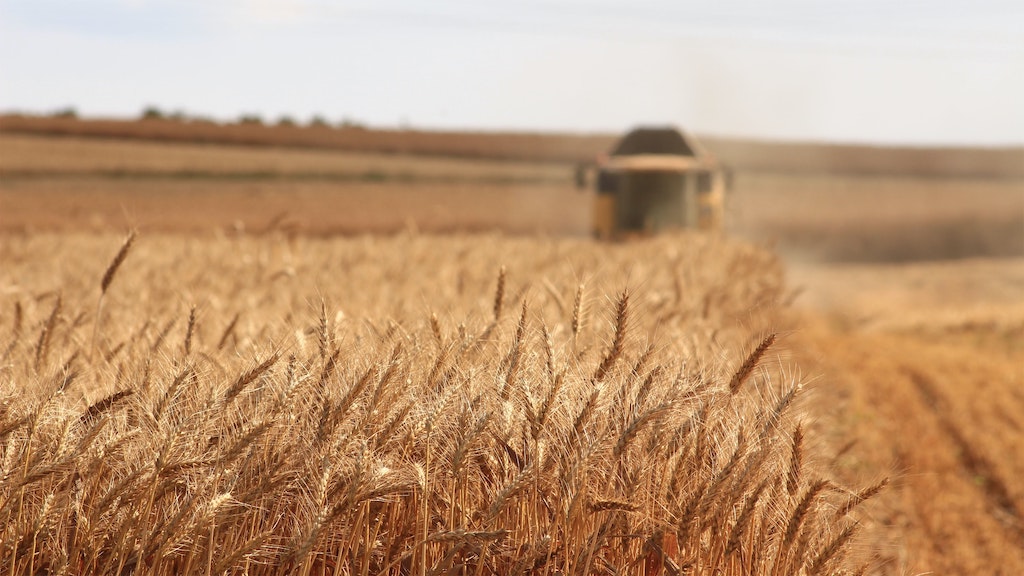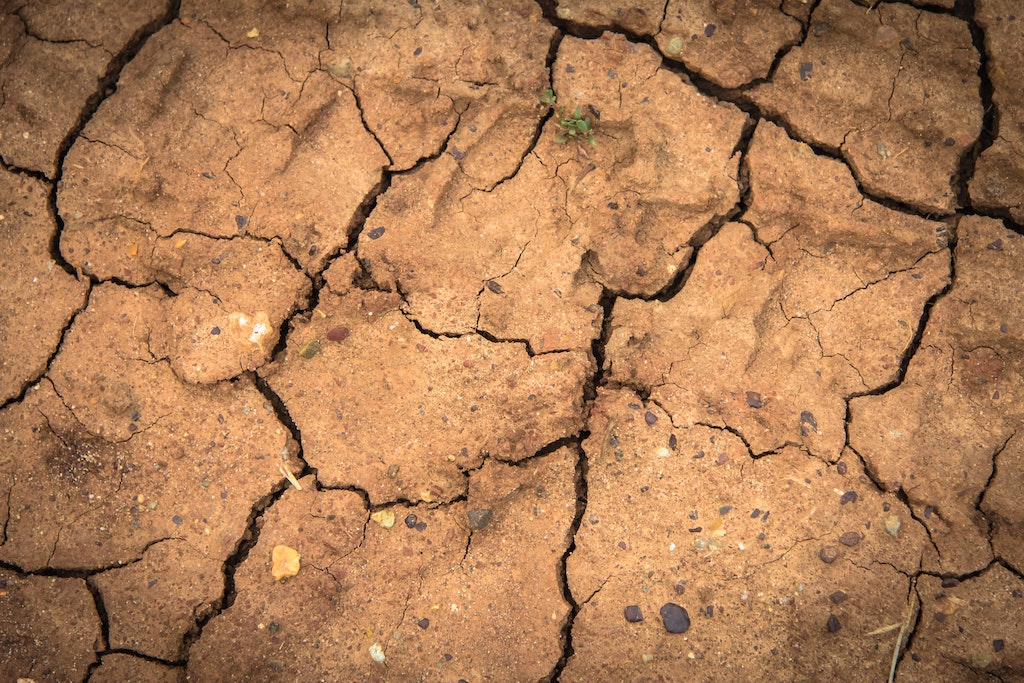4 Mins Read
The world’s food supply is increasingly being put under strain from climate change, with a quarter of harvests at risk by the end of this century. In the new study, scientists say that global crop yields are likely to be reduced by 10% by 2050, highlighting the urgent task at hand for agriculture to adapt to climate change.
Climate change is set to bring on huge changes to our environment, from extreme heat to unpredictable rainfall patterns, with drought affecting some regions, while others face flooding. This is all set to impact the world’s agricultural yields, putting greater pressure on our already strained food supply, especially as the global population is set to balloon to 10 billion by 2050.
Scientists are now warning that unless agriculture adapts to climate change—and does so quickly—we’re going to be facing drastic shortfalls within decades time.
25% of world’s harvests at risk by century’s end
Published in the peer-reviewed Journal of Environmental Economics and Management, a new study predicts that by mid-century, we’re going to be looking at a 10% reduction in crop yields under a vigorous global heating scenario. By the end of the century, this figure will increase to a quarter of the world’s agricultural yields.
The research team, made up of scientists from Boston University, the Ca’ Foscari University of Venice and Euro-Mediterranean Center on Climate Change Foundation (CMCC), used statistical models based on previous data to calculate their forecasts. They also factored in future temperature and rainfall predictions from 21 other high-resolution global climate model simulations to estimate how yields will change from climate-related weather pattern changes.

Four crops were analysed—maize, rice, soybean and wheat—which currently make up 75% of the world’s caloric intake. Changes in the yields of these crops could translate to huge caloric shortages for the global population, especially as the planet faces the task of feeding billions more by the century’s end.
Read: These 5 foods you eat everyday could disappear due to climate change
Agriculture is falling behind on climate adaptation
According to the study, farmers are already behind on adapting to climate change, even in Western countries where agricultural technologies are far more mature than in other regions.
Professor Ian Sue Wing of Boston University and lead author of the paper, explains: “Even in the United States, the world’s agricultural technology frontier, farmers have been able to only slightly compensate for the adverse impacts of extreme heat on yields of maize and soybeans over time-frames of decades.”
“If difficulties to adapt are observed in the U.S., what can we then expect for food producers in the tropics, where 40% of the world’s population live and high temperature extremes are projected to rise more than in the major calorie crop growing regions of the U.S.?” added Professor Enrica De Cian of Ca’ Foscari University, who is also a researcher at the CMCC.
That’s where the scientists’ statistical models came in handy. They are based on large-scale global gridded datasets from historical crop yields, as well as information on temperature and rainfall. Then, the researchers used this data to separate the impact of two types of adaptation approaches currently in use.
What can we then expect for food producers in the tropics, where 40% of the world’s population live and high temperature extremes are projected to rise?
Professor Enrica De Cian, Ca’ Foscari University
“On the one hand, farmers’ short run response to unanticipated weather shocks, and, on the other hand, long run adjustments over decades,” explains Ca’ Foscari University of Venice postdoctoral researcher Malcolm Mistry.
Short-run changes may include changing the amount of fertiliser or irrigation water, while long-term changes refers to shifting crop varieties, planting methods, harvesting dates and the adoption of new technologies.
Read: U.N. warns low-income countries to be hardest hit from global food price spike

Even with long-term changes, climate challenges persist
While long-term adjustments should technically help farmers compensate for climate-related adverse weather conditions, they might not be enough.
Global calorie supplies are subject to continuing or even increasing vulnerability to climate change.
Professor Ian Sue Wing, Boston University
“Our results showed that adverse impacts of extreme hot or dry days on the productivity of the crops from which we derive food calories persisted over decades,” shared De Cian. “Worse, these negative long-run effects were sometimes larger than the impacts on yield that occurred due to transitory weather shocks.”
In other words, the impacts of climate change are likely to be so severe that more adaptation measures must be introduced, and done so quickly to be able to reduce the vulnerability of the world’s food supply.
“The implication is that global calorie supplies are subject to continuing or even increasing vulnerability to climate change,” said Sue Wing. “Now, we plan to build on these findings to investigate how irrigation investments and shifting cultivation over space can help offset the impacts of adverse climatic changes.”
Lead image courtesy of Unsplash.




